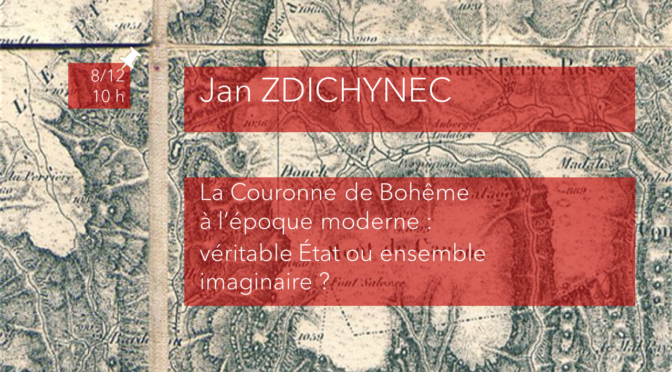
Third session of the 2023–2024 CEFRES Francophone Interdisciplinary Seminar The map and the border.
In 2023, we would like to start by questioning the very act of bordering and representing (a territory, a period, a trajectory), in short, thanks to the interdisciplinarity of our respective disciplines, to question the map and the border.
Location: CEFRES Library, Na Florenci 3, Prague 1
Dates: Friday, December 8th, 10 am
Language: French
Speaker: Jan ZDICHYNEC, Faculty of Arts, Charles University
Discussant: Václav ŽŮREK, Centre for Medieval Studies at the Institute of philosophy, Czech Academy of Sciences, Prague
Abstract
The presentation, based on the author’s own research and on several recent discoveries of unprocessed archival sources, will first present the Crown of Bohemia as a whole and ask whether it can be considered a functional state or not. These reflections will be placed in the context of writing about the lands of the Crown from the Middle Ages to the premodern period.
How did early modern intellectuals perceive the Crown of Bohemia and one of its parts, the margraviate of Upper Lusatia? It is clear that the historians who adopted the point of view of the Kingdom of Bohemia tended to write in more Bohemian-centric manner. Melchior Goldast and Pavel Stránský offer a more complex view despite its gaps and ambiguities. The historiography of one of the countries of the Crown, the Upper Lusatia, focuses more on the margraviate itself and its towns, and its perspective is rather local. None of the studied authors questioned the Bohemian crown as a whole, nor the subordination of its various countries to the Bohemian king, however the principles of these questions as a whole were not reflected in depth.
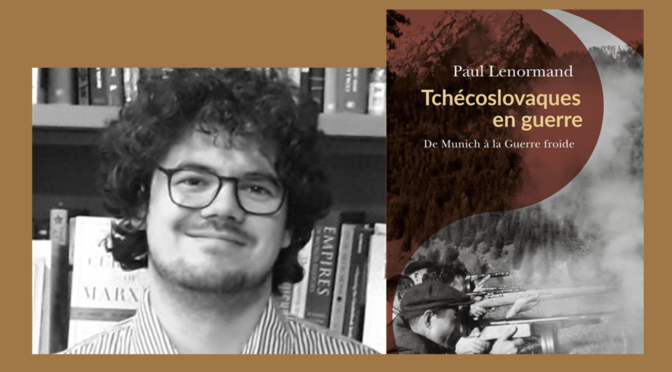
Discussion around Paul Lenormand’s book Tchécoslovaques en guerre (Passés composés 2023)
Date: 7 December, 2023, from 4 p.m.
Location: CEFRES, Na Florenci 3
Language: English
Organizors: CEFRES; University Paris-Nanterre / Institut des sciences sociales du politique (ISP); Research Center „Postwar(s). Political and Social Changes during and after the Second World War“ at the Institute of International Studies, Faculty of Social Sciences, Charles University (IMS FSV UK)
Chair: Jakub Štofaník, Masaryk Institute and Archives of the Czech Academy of Sciences (MÚA AVČR)
Discussant: Václav Šmidrkal, Institute of International Studies, Faculty of Social Sciences, Charles University (IMS FSV UK)
Continue reading A view from abroad: Czechoslovaks in World War II and the early Cold War →
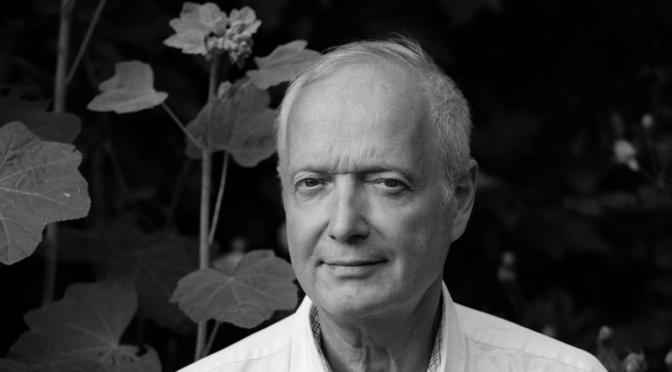
Interview with Xavier Galmiche on the publication of two books in Czech: Le Poulailler métaphysique (Revolver Revue, 2023) and Znaky a přízraky (Karolinum, 2023).
Date: 6th December, 2023, from 6.p.m.
Location: French Institute in Prague, Štěpánská 644/35, 110 00 Nové Město, Prague.
Language: French and Czech (simultaneous translation)
Partners of the event: CEFRES, French Institute in Prague, Charles University and Karolinum Press
Chair: Mateusz Chmurski, director of CEFRES, associate professor in Polish & Central European literature at Sorbonne University.
Discussant: Xavier Galmiche, Professor of Czech and Central European Literature and History at Sorbonne University.
Continue reading “Grand entretien” with Xavier Galmiche →

Art within reach: photomechanical reproductions of works of art from print to digital
This conference is part of the project The Matrix of Photomechanical Reproductions: Histories of Remote Access to Art, which is being implemented at the Institute of Art History of the Czech Academy of Sciences, supported by the Lumina Quaeruntur fellowship.
Location: Institute of Art History of the Czech Academy of Sciences & CEFRES, Na Florenci 3, Prague, and online.
Date: 5-6 December, 2023
Language: English
Organizing committee (Institute of Art History of the Czech Academy of Sciences)
- Camilla Balbi
- Hanna Buddeus
- Katarína Mašterová
- Fedora Parkmann
Keynote speakers
- Béatrice Joyeux-Prunel (Université de Genève)
- Megan R. Luke (University of Southern California)
- Jens Ruchatz (Phillips-Universität Marburg)
Scientific committee
- Geoffrey Belknap (National Museums Scotland)
- Lenka Bydžovská (Czech Academy of Sciences)
- Geraldine A. Johnson (University of Oxford, UK)
- Petra Trnková (Czech Academy of Sciences)
Conference programme here.
To see the scientific argument of the conference, click here.
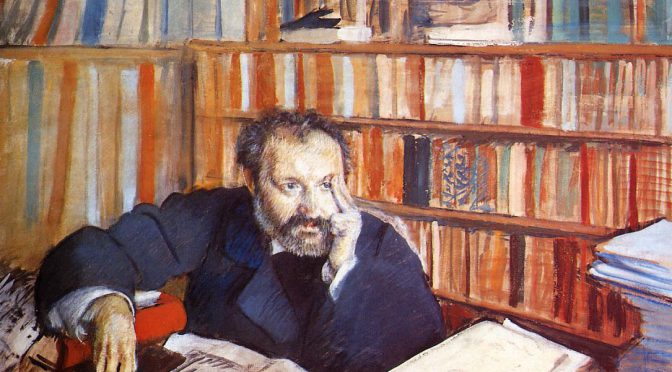
Philosophy of Science and Science and Technology Studies through the Lens of Technology
Roundtable
Date: 30 November–2 December 2023
Location: Institute of Philosophy, Czech Academy of Sciences, Jilská 1, Prague 1 (Conference room, 1st floor) / CEFRES, Na Florenci 3, Prague 1
Language: English
Organizers: CEFRES, Institute of Philosophy of the Czech Academy of Sciences (FLÚ AVČR).
Argument
On the international scene, the separation between ‘STS’ and philosophy of science seems more marked than ever. Since the great controversies between relativists and realists in the 1980s and the Science Wars of the 1990s, the two communities have drifted far apart, and in a sense beyond dissensus. However, a good part of STS specialists could benefit from a philosophical perspective on their work, and vice versa, philosophers of science from a better understanding of problems that have long haunted the history and sociology of science as well as STS. Continue reading Philosophy of Science and Science and Technology Studies →
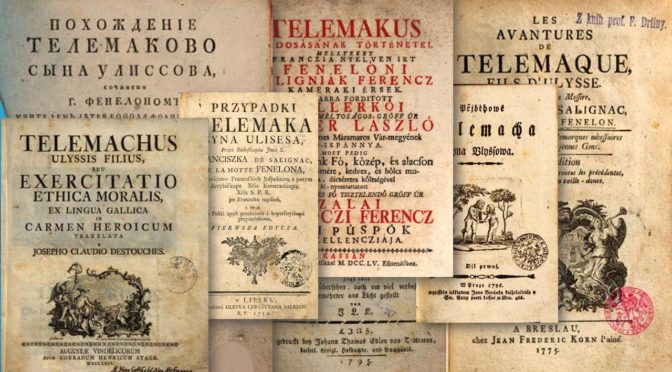
IX. Biennial Conference of the Czech Society for Eighteenth-Century Studies
Date: 22–23 November 2023
Location: Institute for Czech Literature, Czech Academy of Sciences, Na Florenci 3, Prague 1 (Higher Hall, entrance C, 3rd floor)
Languages: English, German
Organizers: Czech Society for Eighteenth-Century Studies (ČSVOS),
with the support of the French Research Center in Humanities and Social Sciences (CEFRES)
and the collaboration of the Faculty of Arts, Charles University (FF UK) and the Institute of Czech Literature of the Czech Academy of Sciences (ÚČL AVČR).
Download the theses of the conference
and the abstracts of the contributions to the conference.
Program
Wednesday 22 November 2023
9:30 – Opening of the conference Continue reading Cultural Transfers in the Habsburg Monarchy in 18th Century →






